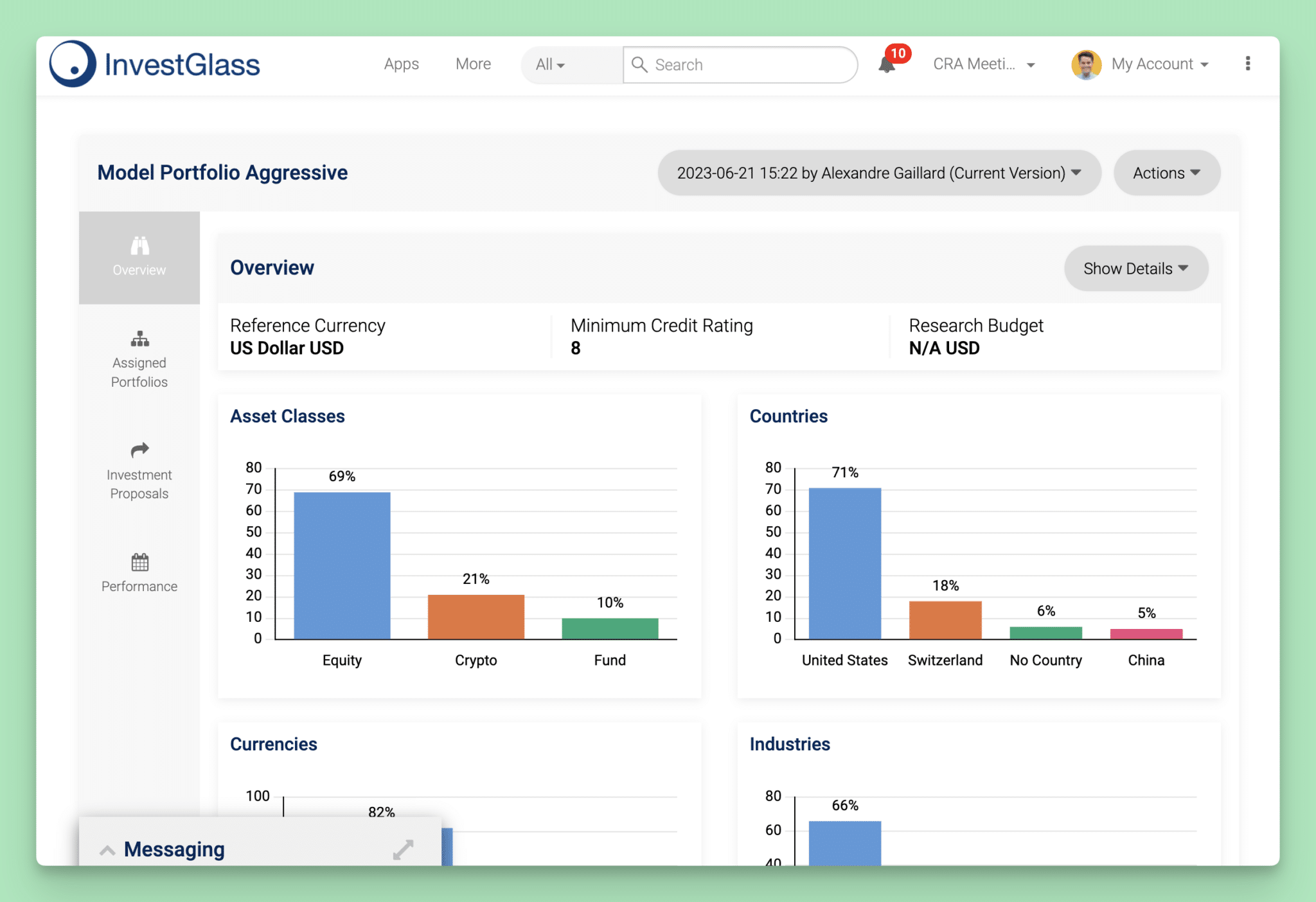Best On-Premise CRM for Sales Management: Features & Benefits

Are you considering an on-premise CRM for sales management?
Choosing between on-premise and cloud-based CRM depends on business needs. While on-premise CRMs offer full data control and customization, they require high upfront costs ($25,000-$50,000) and 20-30% annual maintenance fees (Teamgate). In contrast, 70% of businesses now use cloud CRMs due to scalability, accessibility, and lower costs ($25-$150 per user/month) (PickMyCRM).
In this article, you’ll discover why an on-premise CRM might be the best choice for your sales team, along with its key features and potential challenges.
Key Takeaways
- On-premise CRM systems provide businesses with full control and customization over customer data, making them ideal for organizations with stringent data security requirements.
- Key benefits of on-premise CRM include enhanced data security, improved performance and reliability, and long-term cost efficiency, despite high up-front costs.
- InvestGlass stands out as a top on-premise CRM for sales management, offering Swiss data sovereignty, advanced sales automation tools, and extensive customization options to meet unique business needs.
Understanding On-Premise CRM for Sales Management
On-premise CRM solutions are designed to be hosted internally on a company’s own servers, with management usually handled by its in-house IT team or specialists. This setup ensures that all components—from infrastructure to hardware—and important customer data are kept securely on-site, giving the company full control over confidential information. Compared to cloud-based solutions, on-premise solutions offer enhanced data security, which is crucial for organizations handling classified information, such as military and government agencies.
Organizations that must follow strict data security protocols and compliance rules find these systems very useful. By keeping records of customer interactions and important details within their own operations, they maintain high protection standards for sensitive corporate information.
Key Features of On-Premise CRM for Sales Management
CRM software that is installed on premise provides businesses with a suite of functions designed to address their distinct requirements. Such systems offer full command over customer data, the ability to tailor extensively, and smooth integration into current infrastructure.
Understanding these capabilities assists in determining how appropriate an on-premise CRM system would be for managing your sales process.
Complete Control Over Customer Data

Having full control over CRM data is a major benefit of on-premise CRM systems. By keeping data on private servers, companies can ensure sensitive information stays offline and under their direct control. This is crucial for those handling confidential materials or following strict security rules. This control allows businesses to create custom security strategies and strictly comply with regulations, reducing the risk of data breaches.
Key benefits of an on-premise CRM include:
- Deployment and management on company-owned servers
- Data management that aligns with internal guidelines
- Minimized risks of external attacks or unauthorized access
Choosing an on-premise CRM gives businesses confidence that customer information remains secure.
Advanced Customization Options
Companies have the ability to precisely configure the CRM to their distinct needs because of the remarkable customization options offered by on-premise CRM systems. This level of personalization allows organizations to:
- Modify functionalities, infrastructure, and user interfaces so they align perfectly with their unique processes and specialized software
- Tweak the backend of their premise CRM system for flawless integration with current business utilities
- Generate a uniform user experience throughout their operations
Integration with Existing Infrastructure
On-premise CRM solutions easily integrate with a company’s existing systems. They work well with internal tools and old systems, ensuring smooth operations without major changes.
Using an on-premise CRM allows companies to make the most of their current setup, maintaining consistency in their important business processes.
Benefits of Using On-Premise CRM in Sales Management
On-premise CRM systems offer a range of advantages that make them an appealing option for numerous businesses. Such benefits encompass bolstered data security, augmented performance and dependability, as well as long-term cost-effectiveness. Collectively, these perks can markedly boost the productivity and proficiency of your sales management operations.
Enhanced Data Security

On-premise CRM systems boost data protection, as they allow companies to implement their security protocols on the servers housed within their facilities. By keeping sensitive customer data on-premises, these businesses minimize exposure to potential breaches and illicit access.
It’s up to these organizations to manage the upkeep and enhancement of their security measures when using an on-premise CRM solution. This responsibility affords them increased customization options and a greater degree of control over safeguarding client information.
Improved Performance and Reliability
Hosting CRM systems on-premise offers.
- Stable and predictable performance, which remains unaffected by issues with internet connectivity.
- Steady accessibility since they do not depend on the robustness of external internet connections.
- Enhanced reliability and a consistent user experience, establishing an on-premises CRM as a strong option for seamless sales management activities.
Cost Efficiency in the Long Run
On-premise CRM systems require a large initial investment. However, they can become more cost-effective over time because they do not have ongoing subscription fees. Over the years, on-premise CRM solutions often result in a lower total cost of ownership compared to cloud-based alternatives.
For businesses that can handle the initial setup costs, on-premise CRM offers a financially sound option for long-term sales management activities. This makes on-premise CRM systems particularly attractive to such organizations.
Challenges of On-Premise CRM Solutions
Understanding the unique challenges posed by on-premise CRM systems is critical for businesses evaluating this type of customer relationship management solution. Such difficulties encompass substantial upfront expenses, a requirement for specialized IT knowledge, and restricted access when off-site—factors that must be weighed before opting for an on-premises CRM strategy.
High Upfront Costs

Initiating an on premise CRM necessitates a considerable financial outlay at the start for acquiring software licenses, as well as investing in the necessary hardware and infrastructure. Such high upfront costs can notably affect a company’s cash reserves, representing a hefty economic obligation. Regular maintenance and support costs incrementally contribute to this expense, demanding meticulous fiscal management.
Need for IT Expertise
The successful management of an on-premise CRM system hinges on the availability of substantial IT resources and proficiency. It demands a competent IT workforce capable of performing setup, configuration, maintenance, as well as updating security protocols and resolving problems that may arise. Inadequate IT backing can lead to operational delays and impediments for businesses, underscoring the need to invest in professional services for effective premise CRM administration.
Limited Remote Access
On-premise CRM systems limit access to a specific local network or physical location. This can make it harder for mobile and remote teams to work efficiently. Such limitations may slow down responses and negatively impact customer interactions, which is especially challenging for companies that rely on remote operations or need constant connectivity. One solution is to use a free mobile client app that integrates well with on-premise CRM systems.
While virtual private networks (VPNs) can provide off-site access, they come with their own challenges, including extra setup and maintenance costs.
Why InvestGlass is the Ideal On-Premise CRM for Sales Management
InvestGlass provides a bespoke on-premise CRM solution designed specifically for financial enterprises, focusing on sales management. This Swiss Sovereign CRM system delivers extensive tools for automating sales processes along with exceptional security and the ability to highly customize the platform. Such features meet the essential requirements of companies that strive to optimize their revenue generation while adhering to rigorous data protection standards.
Swiss Sovereign CRM Solution
InvestGlass offers a robust and secure CRM platform tailored for businesses looking for an alternative that is not impacted by the U.S. CLOUD Act. By situating all customer data within Switzerland, InvestGlass adheres to stringent Swiss data protection regulations, ensuring sovereignty as well as security of the information.
This approach to hosting customer data within Swiss borders assures clients their information remains private and secure, offering extra protection from laws like the U.S. Acts which can affect how sensitive data is handled internationally.
Comprehensive Sales Automation Tools
InvestGlass fuses elements of communication, interaction, and mechanization within a versatile CRM system that enhances the productivity of sales teams. Sales representatives are empowered to expedite deal closures and adeptly handle their sales activities thanks to functionalities such as customizable interfaces, AI-powered analytics, and efficient process flows.
The platform’s holistic method in automating the sale cycle renders InvestGlass an influential instrument for amplifying sales efficiency.
Highly Customizable and Secure
InvestGlass offers a range of extensive customization features that enable businesses to tailor the CRM according to their specific needs. This capability ensures smooth integration with current systems and processes, thereby improving efficiency across the board.
InvestGlass places a high emphasis on robust data security protocols to protect critical customer information. By doing so, it adheres to the rigorous Swiss data protection regulations ensuring client data is kept secure.
InvestGlass Features for Efficient Sales Management

InvestGlass is equipped with a suite of functionalities designed to enhance the effectiveness of managing sales. This encompasses AI-driven automated outreach, electronic onboarding and management of portfolios, alongside no-code automation for streamlining approval procedures. All these elements are crucial in refining the sales process and amplifying productivity as a whole.
Automated Outreach with AI
InvestGlass harnesses artificial intelligence to streamline sales effectiveness by automating monotonous tasks such as evaluating leads and orchestrating follow-up activities. The incorporation of AI-fueled automated outreach assists in the simplification of sales operations, managing sequences, green-lighting processes, and scheduling reminders which improves reaction times and boosts efficiency throughout the workflow.
With its intelligent CRM functionalities, InvestGlass proves itself to be an essential asset for contemporary management of sales activities.
Digital Onboarding and Portfolio Management
InvestGlass provides a sturdy digital onboarding and portfolio management platform that delivers several advantages.
- Enhance customer satisfaction and revolutionize operational procedures.
- Simplify the handling of client affairs.
- Streamline the processes involved in new client integration.
- Ensure adherence to legal and regulatory standards.
For financial institutions, InvestGlass offers extensive solutions for wealth management that not only increase income but also uphold privacy standards while remaining compliant with regulations.
No-Code Automation and Approval Processes
The no-code automation capabilities of InvestGlass allow users to:
- Create workflows with ease, eliminating the need for technical coding expertise
- Streamline task management as well as approvals and notifications processes
- Tailor the CRM system to align perfectly with their unique business operations
These features significantly simplify the process of automating and refining different segments of your enterprise, particularly in marketing automation.
InvestGlass boosts productivity by incorporating instruments such as Sequences and automated alerts, thereby ensuring a smooth and effective approval procedure.
Comparing On-Premise and Cloud-Based CRM for Sales Management
When selecting CRM solutions for sales management, it’s essential to weigh the importance of scalability, flexibility, accessibility, support services, and cost considerations. The decision between an on-premise system and cloud-based CRM options carries significant consequences that will influence the manner in which a business handles its sales operations and customer interactions. Each form of CRM presents distinct benefits as well as potential obstacles.
Scalability and Flexibility
Cloud-based CRM solutions are easy to scale and flexible, offering many benefits to businesses.
- Quickly adjust resources as business needs change
- Immediate access to new features and security updates without needing internal IT teams
- Providers handle updates and maintenance
These benefits make cloud CRM systems a good option for businesses looking for effective cloud-based CRM strategies.
On the other hand, on-premise CRM software gives companies more control over their data and allows for extensive customization. This lets businesses adjust their CRM solutions to fit their specific needs and integrate well with existing systems.
Accessibility and Support
Cloud-based CRM solutions offer many advantages, such as:
- Access from various devices no matter the location
- Immediate access to data across the company
- No need for servers and infrastructure on-premises
- Less reliance on a company’s internal IT team
Conversely, on-premise CRM systems usually limit use to within onsite premises. This might require additional setups like VPNs for remote teams to gain access. While this can lead to better security, it might also restrict flexibility for remote teams.
Cost Implications
Choosing between on-premise and cloud-based CRM solutions involves considering their financial impact. Cloud-based CRM has lower initial costs due to its subscription pricing, which means regular monthly or yearly payments. However, these ongoing fees can add up over time, potentially making it more expensive in the long run.
On the other hand, on-premise CRMs require a large upfront investment, which may seem high at first. But over time, it can be more cost-effective since there are no continuous subscription fees.
Summary
In summary, both on-premise and cloud-based CRM solutions have their own benefits and drawbacks that can affect how you manage sales. On-premise CRM systems offer better data security, extensive customization, and easy integration with your existing infrastructure, making them ideal for companies with strict security needs. InvestGlass is a top choice for on-premise CRM, especially for financial firms, due to its wide range of features. By understanding the main features, benefits, and challenges of each CRM type, you can choose the best one for your business. The right CRM can boost your sales team’s effectiveness and improve customer relationship management.